How to pack eggs for backpacking? Packing eggs for backpacking can be a tricky process. You want to choose the right type of container and keep them cold enough to not spoil, but not so cold that they freeze or break.
You also need to consider how much room you have in your backpack or bag. One of the first things I did when starting to backpack was check out what I could eat.
It turns out that protein is a little hard to come by without some special equipment. Protein also costs more to leave with than dehydrated food, dried fruits, and veggies.
Eggs aren’t particularly expensive, but they’re also not something you’d bring on a regular hike.If you enjoy hiking or camping, you enjoy the thrill of spending your free time in the wilderness.
But when it comes to backpacking with eggs, there are certain things that you should take into consideration in order to pack them properly. How? Let us find out in this article.
How to pack eggs for backpacking?
When you are backpacking, you want to pack as much food as possible. Eggs are a great source of protein. But, how can you pack eggs for backpacking? It is easy and safe if you follow some simple tips:
1. Boiling the Eggs:
You can boil the eggs before packing them in a small pot or pan. The idea is that boiling the eggs will kill any bacteria present in them.
The only problem with this method is that it takes up more space. You need to carry extra fuel to boil water and cooking utensils to cook the boiled eggs.
2. Hard-Boiled Eggs:
Hard-boiled eggs are easier to carry than raw ones because they don’t require any cooking equipment like pots or pans or fuel to boil water. You just need a zip-lock bag, some rubber bands, and some water!
Just place your eggs in a zip-lock bag and add enough water to cover them completely (adding enough salt and pepper if you like). Seal it tightly and leave it at room temperature for about 30 minutes before removing it and placing it in your backpack!
This will make sure that your eggs stay fresh for a longer period of time without refrigeration.
Key takeaway
- Use a backpacking egg container.
- You can dehydrate your eggs.
- You can pack hard-boiled eggs.
- You can store your eggs in a cooler.
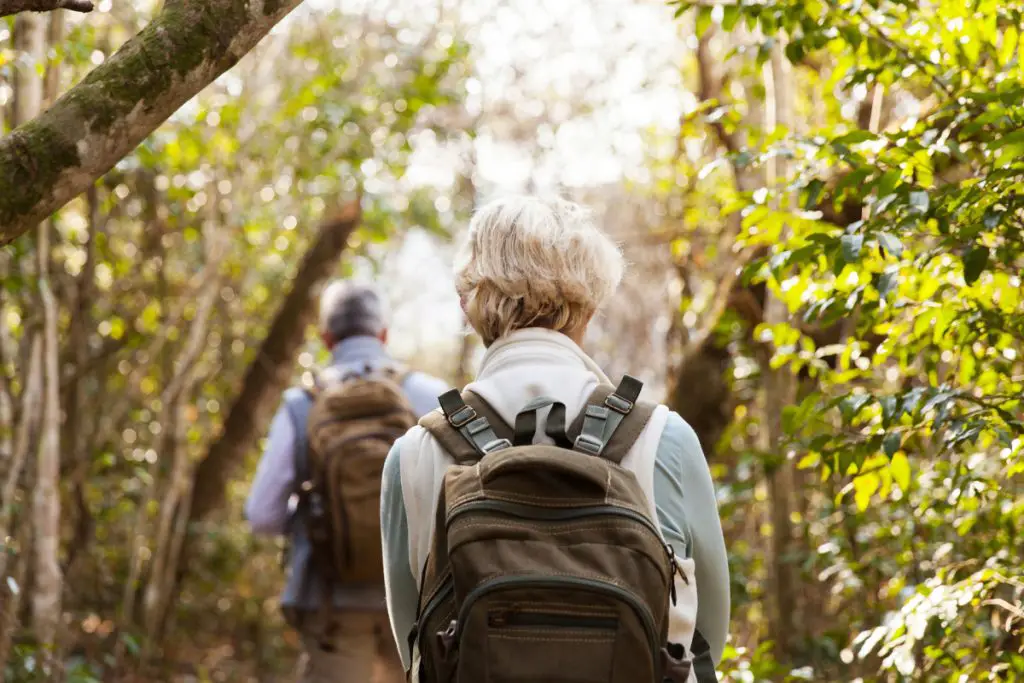
Use a backpacking egg container.
Use a backpacking egg container. The best choice is an egg container with a lid that seals tightly and keeps the eggs from breaking, as well as being lightweight and easy to clean.
The Backpacker’s Pantry 26-Serving Breakfast Egg Container is approved by the Boy Scouts of America, so it’s safe for your kids to carry on the trail (if you’ve got ’em camping with you).
Backpacking egg containers are an easy way to pack eggs for backpacking. They’re also ideal for car camping and camping.
Eggs are a nutritious, high-protein food that can be enjoyed on the trail. They’re also lightweight and take up little space in your backpack. However, there are some things you need to consider when packing eggs for backpacking:
1) Eggs must be kept cold so they don’t spoil on the trail. You can do this by packing them in a cooler with ice or by freezing them in a freezer bag before packing them in your backpack.
2) Eggs must be protected from breakage and contamination while traveling, especially if they’re packed in a cooler without ice packs or freezer packs. This is where backpacking egg containers come in handy!
Backpacking egg containers Keep your eggs separated from other foods while traveling, and make it easy to serve them when you get home at night (or whenever you get hungry).
4) Backpacking egg containers allow you to use the same container over and over again without washing it each time—just rinse it out when you’re done eating!
Read more articles: How to Backpack with Eggs?
You can dehydrate your eggs.
Once your eggs are packed, you can dehydrate them to make them last longer. Dehydrating is the process of removing moisture from food using a dryer or dehydrator. As long as the eggshell isn’t cracked and they aren’t too wet, they will stay good for a very long time!
If you don’t have access to a dehydrator, you can still make your own backpacking egg powder with just an oven and some aluminum foil. Simply line an oven tray with foil, then spread out whatever quantity of eggs you would like (I would recommend no more than half at once).
Read more articles: Can You Take Eggs Backpacking?

You can pack hard-boiled eggs.
You can pack hard-boiled eggs by boiling them before you leave and then storing them in a zip-lock bag. Bring the eggs in their shells because it prevents them from breaking and protects them from getting crushed.
When backpacking, you can bring hard boiled eggs.You can also add them to your lunch box, or you can simply eat them as a snack.
Hard-boiled eggs are very nutritious and contain many essential nutrients like protein and vitamins. They provide energy when you’re feeling tired, and they will make your stomach full for a long time.
Hard-boiled eggs are also great for children’s diets because they are so easy to chew and swallow. Other foods that are easy to digest include oatmeal, yogurt, milk, cheese, and pasta.
These foods contain no fat or sugar, and they help keep your body healthy by making sure that all of the vitamins and minerals remain in their original state.
If you want to add more fiber to your diet, then try adding some whole wheat bread or bran cereals to your plan as well.
You can store your eggs in a cooler.
You can store your eggs in a cooler. If you’re going to be carrying water, why not toss an ice pack or two into the cooler? This will keep your eggs cool and safe from heat damage.
If you plan on camping at higher altitudes, where the temperature is lower than what’s comfortable for humans, consider bringing along some dry ice to help keep things chilly for longer periods of time.
Just be sure not to touch it directly—it’s super cold! You can also use an insulated lunchbox if you don’t have a cooler with you. This will also help keep the temperature of your food low enough to prevent spoilage.
If you’re going for an overnight hike, then it’s best to pack all your food items at once so that you don’t have to make frequent trips back to your car or campsite to get more supplies.
Read more articles: Taking Fresh Eggs Backpacking
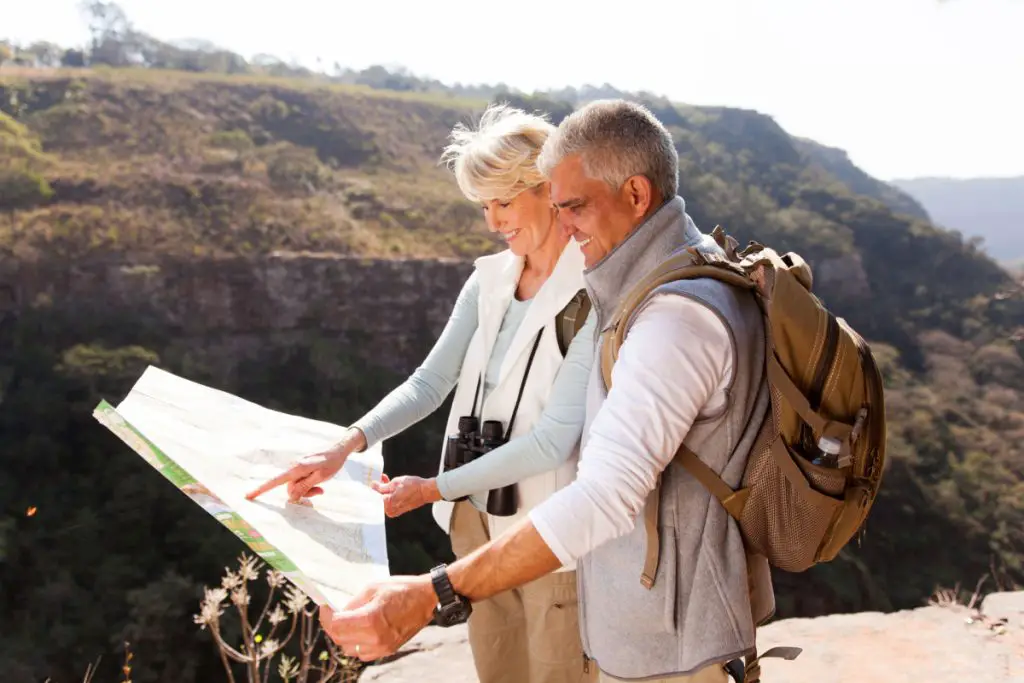
FAQ
1. How do you pack whole eggs for camping?
It is possible to put the whole egg, the yolk and whites separately, or both into glass jars or zipper bags. The night before you’re about to go camping, you may put them in the freezer.
2. How do you carry eggs while Travelling?
Place every egg in a sealed plastic container after wrapping it in newspaper. Before placing the eggs in a plastic bag or other plastic container, keep them in their original six-pack package and wrap them in newspaper. Break the eggs into manageable amounts of food-grade Ziploc bags.
3. Is cooked eggs better for backpacking?
Eggs that have been hard-boiled are a fantastic choice for quick hiking journeys. Although they are quite portable, you should try to consume them on the first day unless you want to keep them chilled in your bag.
4. Which is better for backpacking powered egg or hard boiled?
It’s far simpler to transport hard-boiled eggs than raw ones. The ideal method is to put them in a hard plastic bottle or container (with a wide opening, like a Nalgene), then add uncooked rice or salt water to cover the empty area.
Final verdict
This is the best way to pack eggs for backpacking. The egg container is easy to use and can be used over and over again. You can pack your eggs in a cooler or dehydrate them if you want something more portable and lightweight.
Our tip for how to pack eggs for backpacking is to keep them in their shells! extra weight, and then the chance of the bags breaking.
If you do take eggs out of their shells, put a bit of padding (a towel) around them in the bag. If you have sourced your eggs locally and they are still in the carton, put that in as well.
Thus, after (carefully) packing your backpacking breakfast, you will have 2-3 sturdy egg carton boxes to use at your camp site—perfect for a campfire!
Read more articles: Backpacking with Eggs

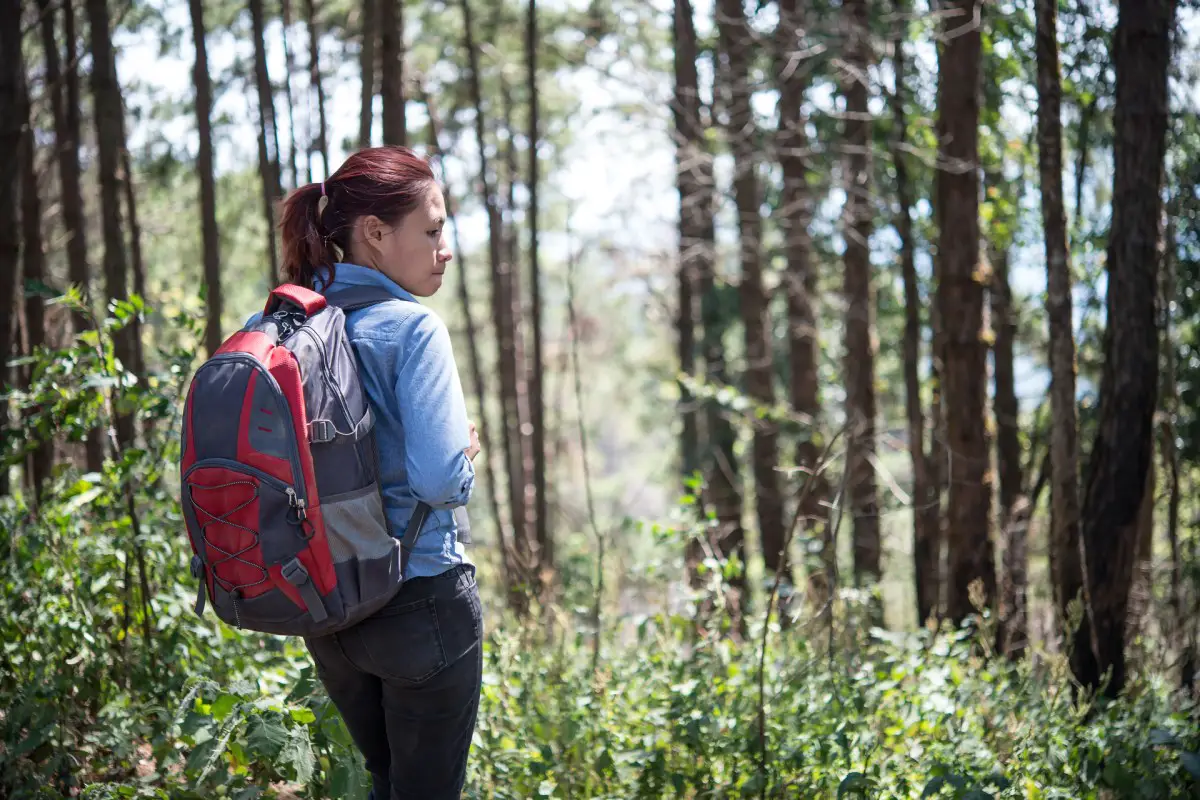







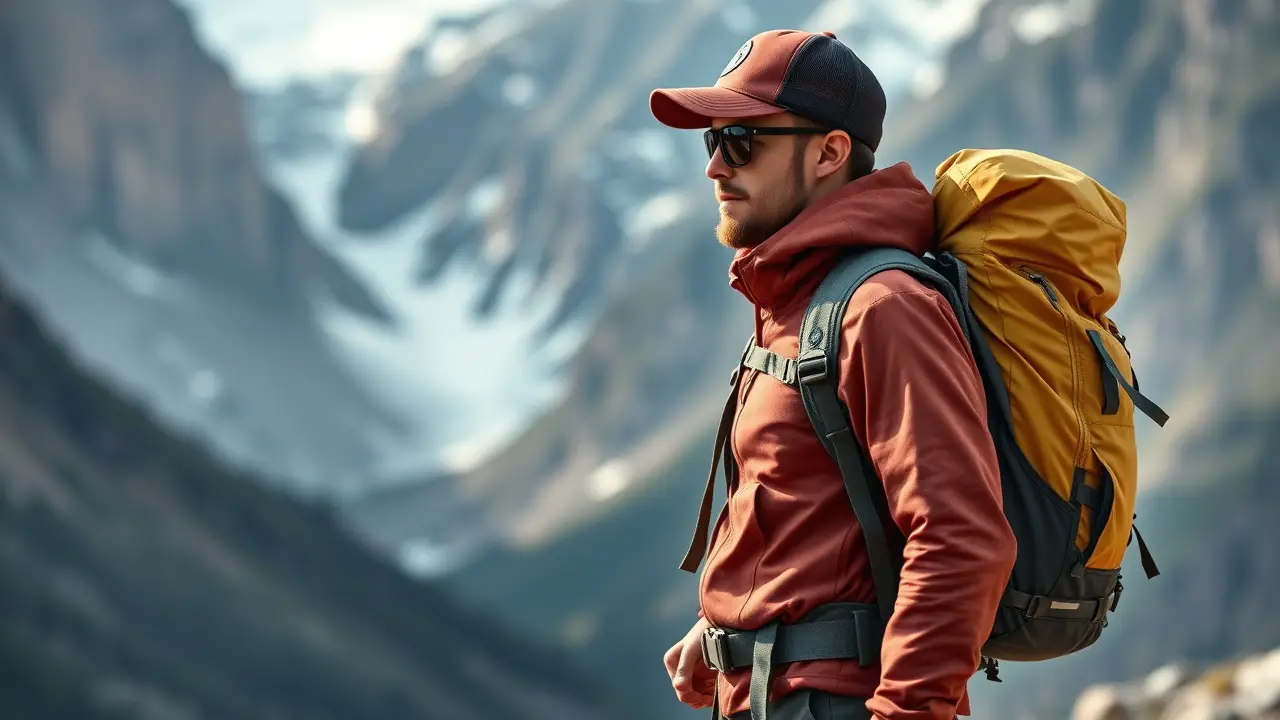
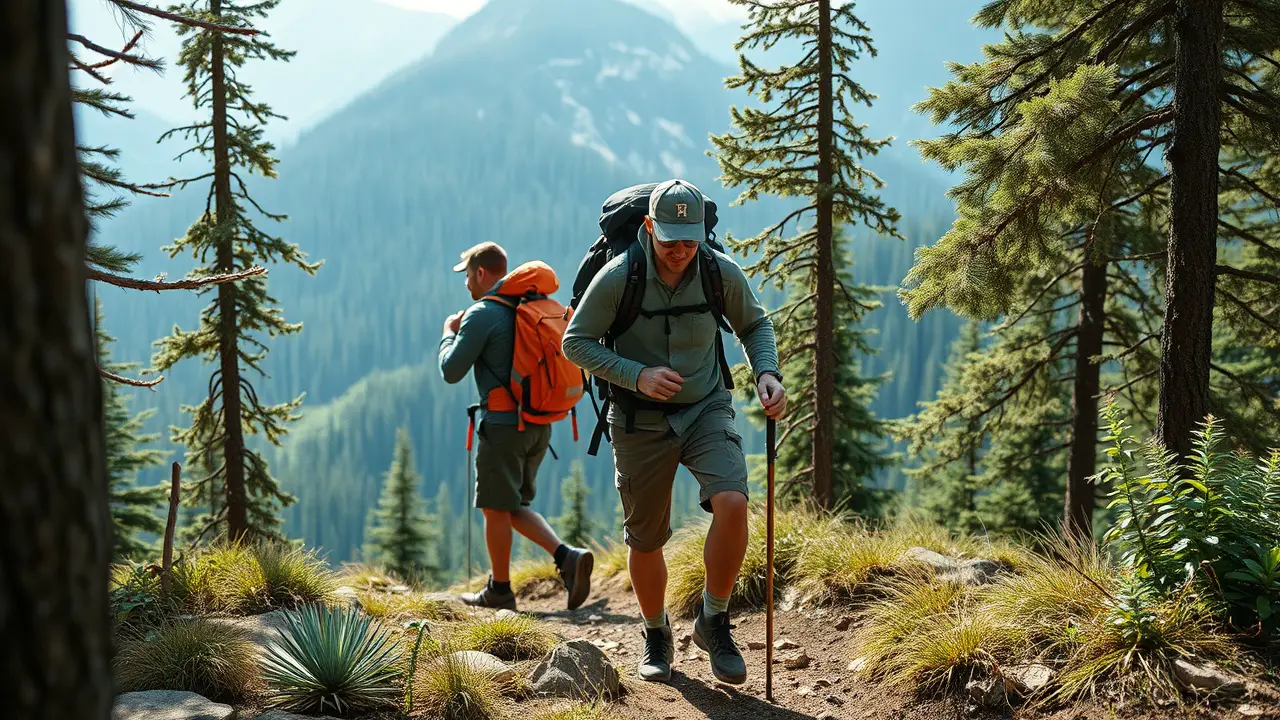
Leave a Reply